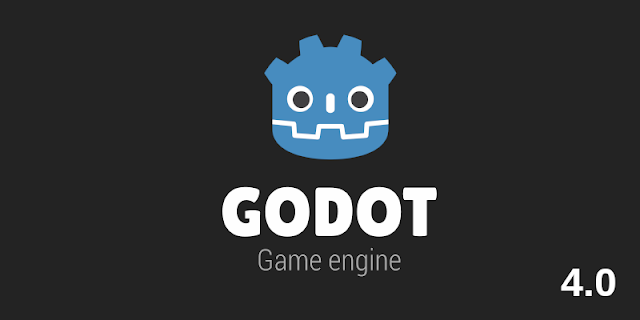After 4 years of development and with 1,500 individual contributors, the the wait is over: Godot 4.0 released! This release is more of a great rebuild than a regular update, having changes and improvements in all areas of the engine!
Check the Godot Official Announcement and the Godot Changelog for more info:
- New Vulkan renderer.
- Highly improved Lighting & Shadows.
- New rendering optimization techniques.
- Enhanced mid & post-processing.
- New and improved 2D tilemap editor.
- Better atmospheric effects and addition of Volumetric Fog.
- Addition of Decals and collision on GPU particles.
- Imporoved Shader editor and extended Shader language.
- Support of Compute Shaders for better performance.
- Improved GDScript and port to .NET 6 the C# version.
- Replaced Bullet engine to Godot Physics.
- Improved Physics API, with multithreading and performance optimizations.
- Extended language support and easier translation workflow.
- Better and improved Navigation System.
- Addition of OpenXR and XR tools.
- Simplified Multiplayer development workflow.
- Cleaner sound and built-in polyphony support.
- Enhanced Animation editor and new Tween system.
- Several editor features, widgets and improvements.
- Multiple window support and UI editor improvements.
- New theme editor and text rendering system.
- Improved Android and Web support.
- Several bug fixes and usability improvements.
With the release of Godot 4, Godot 3 continue to be supported for a while, being considered an LTS (Long Term Support) version and with some features or bugfixes being backported from Godot 4.
The Godot Engine is a free, all-in-one, cross-platform game engine that makes it easy for you to create 2D and 3D games.









